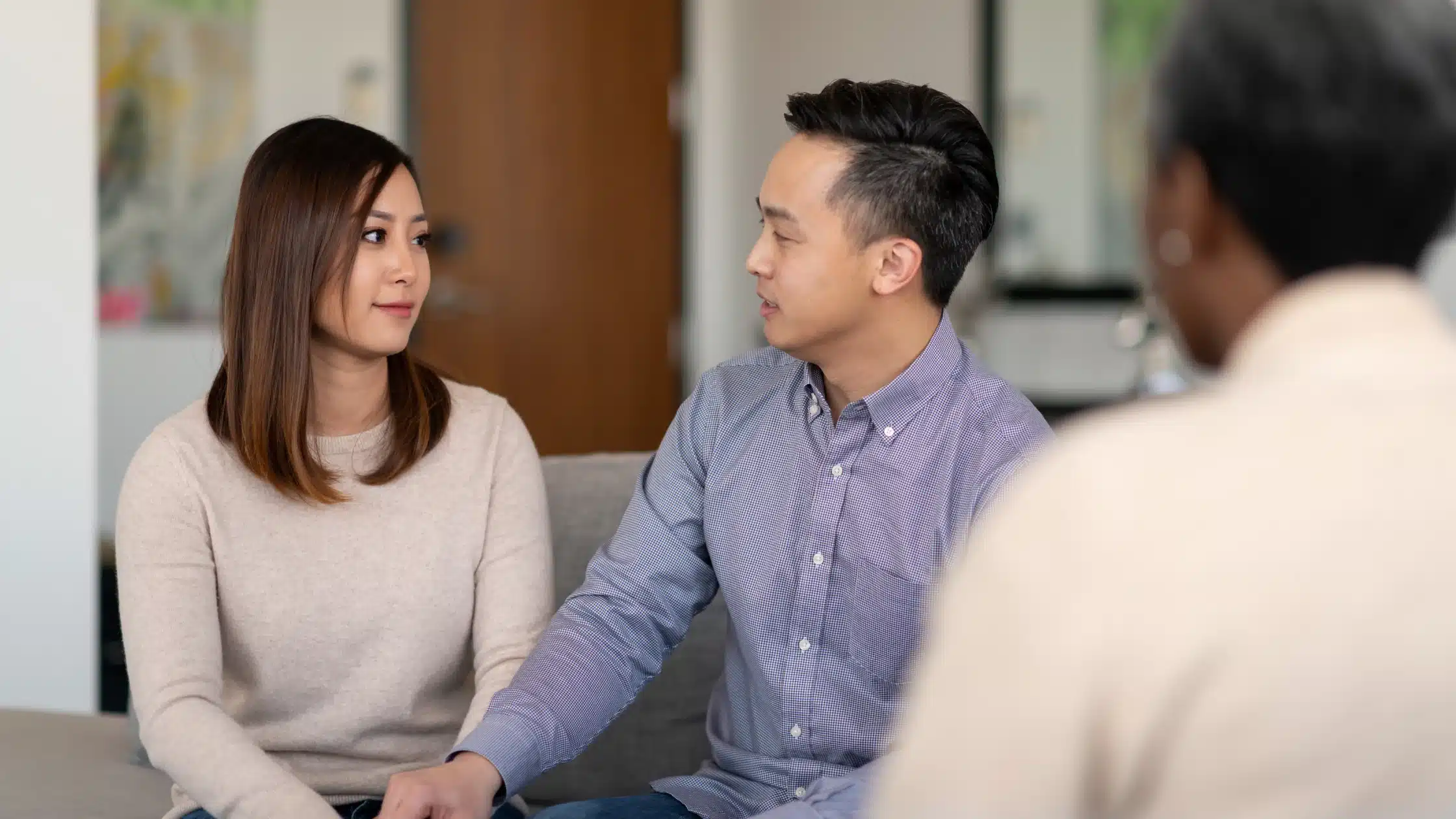Within our culture, it is habitual to offer ideas and solutions when friends or partners bring problems to us. However, despite our best intentions, this risks maintaining or even widening a gap in connection.
We live in a goal-oriented society where productivity and quick results are prioritized. But when it comes to deeper connection, the opposite is true. Slowing down, remaining present, and truly listening without an agenda is what fosters understanding and helps others feel truly heard.
Why "Fixing" Can Be Harmful
The desire to "fix" someone else's problem often comes from a place of love and protection. But what we don't realize is that we may be sending unintended messages like, "I know the answer, and you don't," or "You can't solve this, but I can."
Our partners can figure things out. What they often need is simply a kind and attentive ear. Here are ways to better support them.
What to Do?
Here are some ways to shift from "fixing" to empowering your partner or friend to solve their own problems:
1. Ask What They Need
If you're unsure or even if you think you know, ask your partner:
“What do you need from me? Would you like me to just listen, or would you like advice?”
This allows them to clarify what they need and helps you move forward in a way that supports the goal of the conversation.
2. Don’t Fix It
When someone is in pain, our instinct is to help them feel better. However, emotions aren't something to "fix." They aren't problems to solve, but rather part of the human experience that needs acknowledgment. Often, sitting with them, remaining present, and offering physical comfort (like holding their hand) is all that’s needed.
3. Reflect Their Feelings
Reflecting their emotions shows that you're actively engaged. For instance, if your partner says, “I’ve got so much going on at work and I’m not getting much support,” a response could be:
“That sounds really overwhelming and frustrating. I’m sorry you're dealing with that.”
This validates their experience and demonstrates empathy.
4. Follow with Curiosity
Ask open-ended questions to show that you're genuinely interested in their experience. Simple questions like, “Tell me more about that,” or “What was that like for you?” can go a long way in showing that they matter and you care.
A Path to Deeper Connection
By practicing empathy, reflecting feelings, and offering presence rather than solutions, we can create more trusting and fulfilling relationships. When we show up simply to witness and support, rather than fix, we help strengthen connections and build long-lasting bonds.



